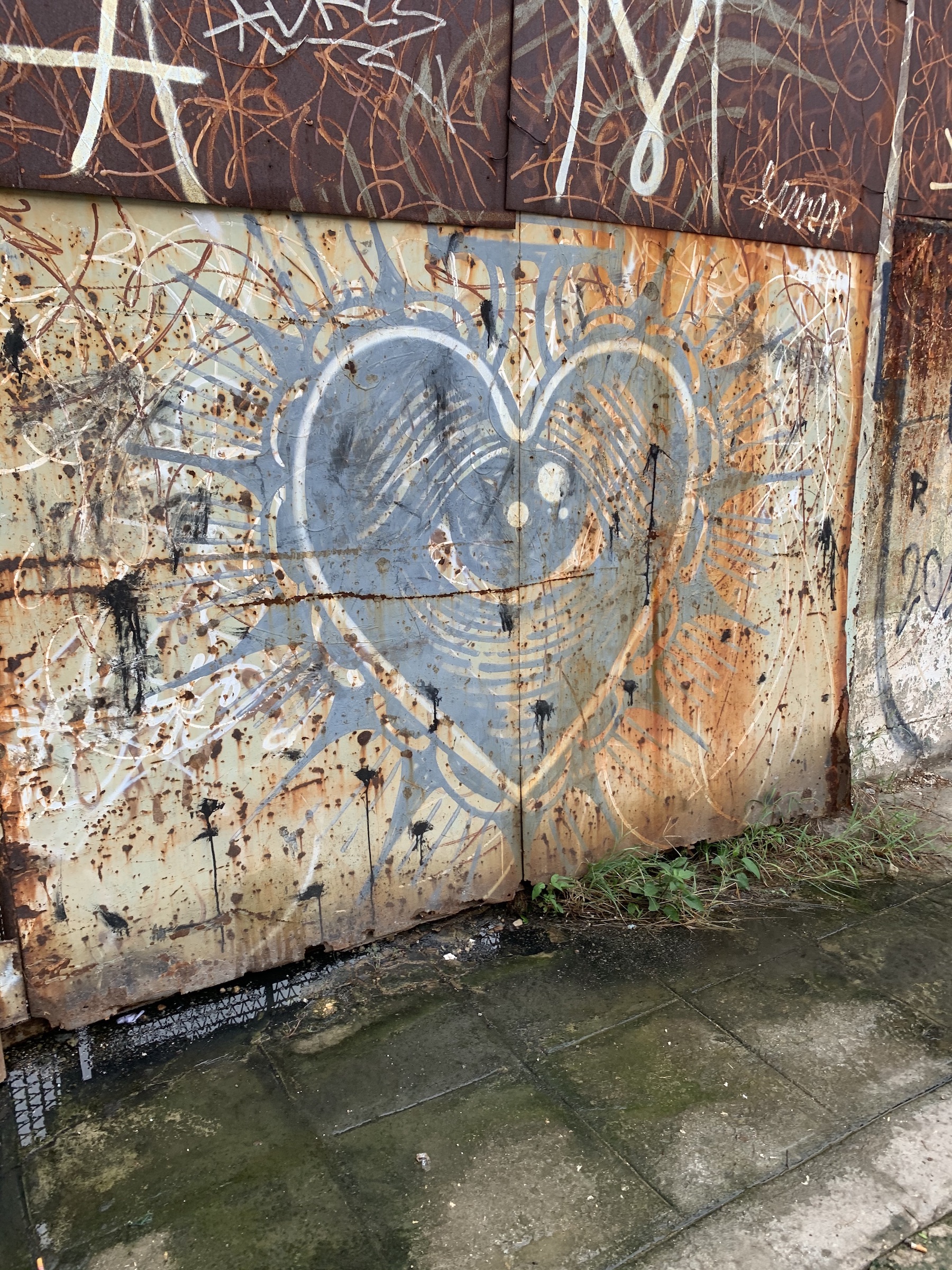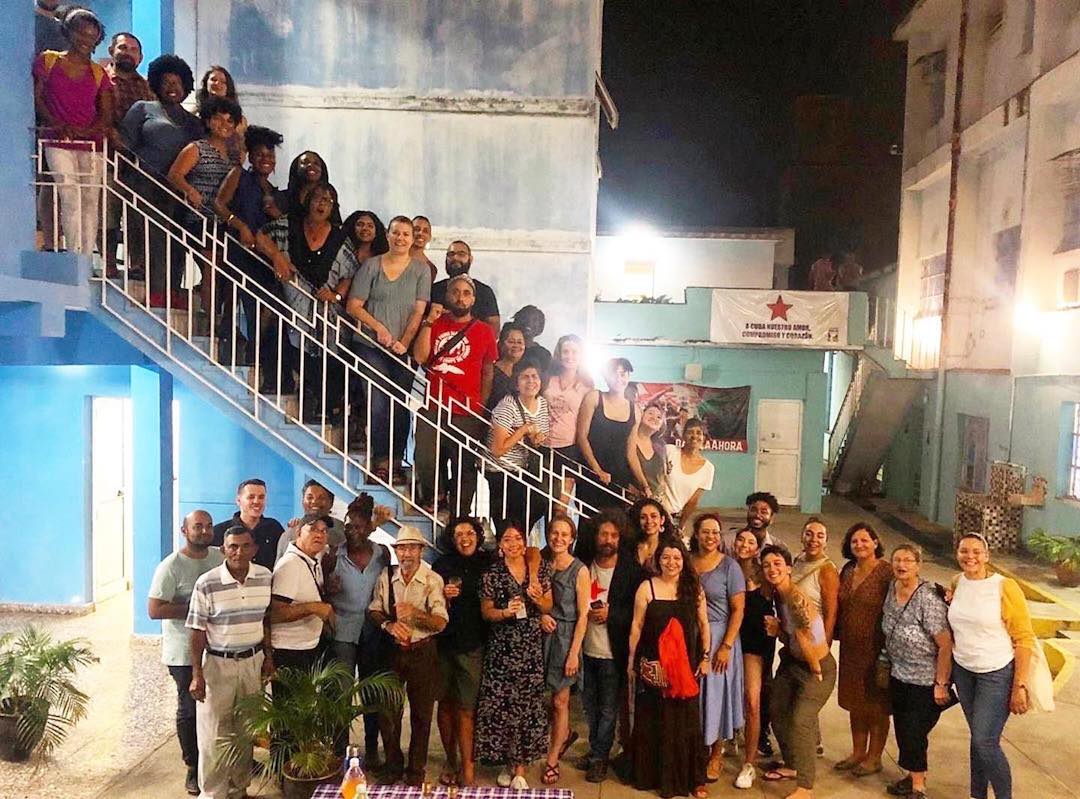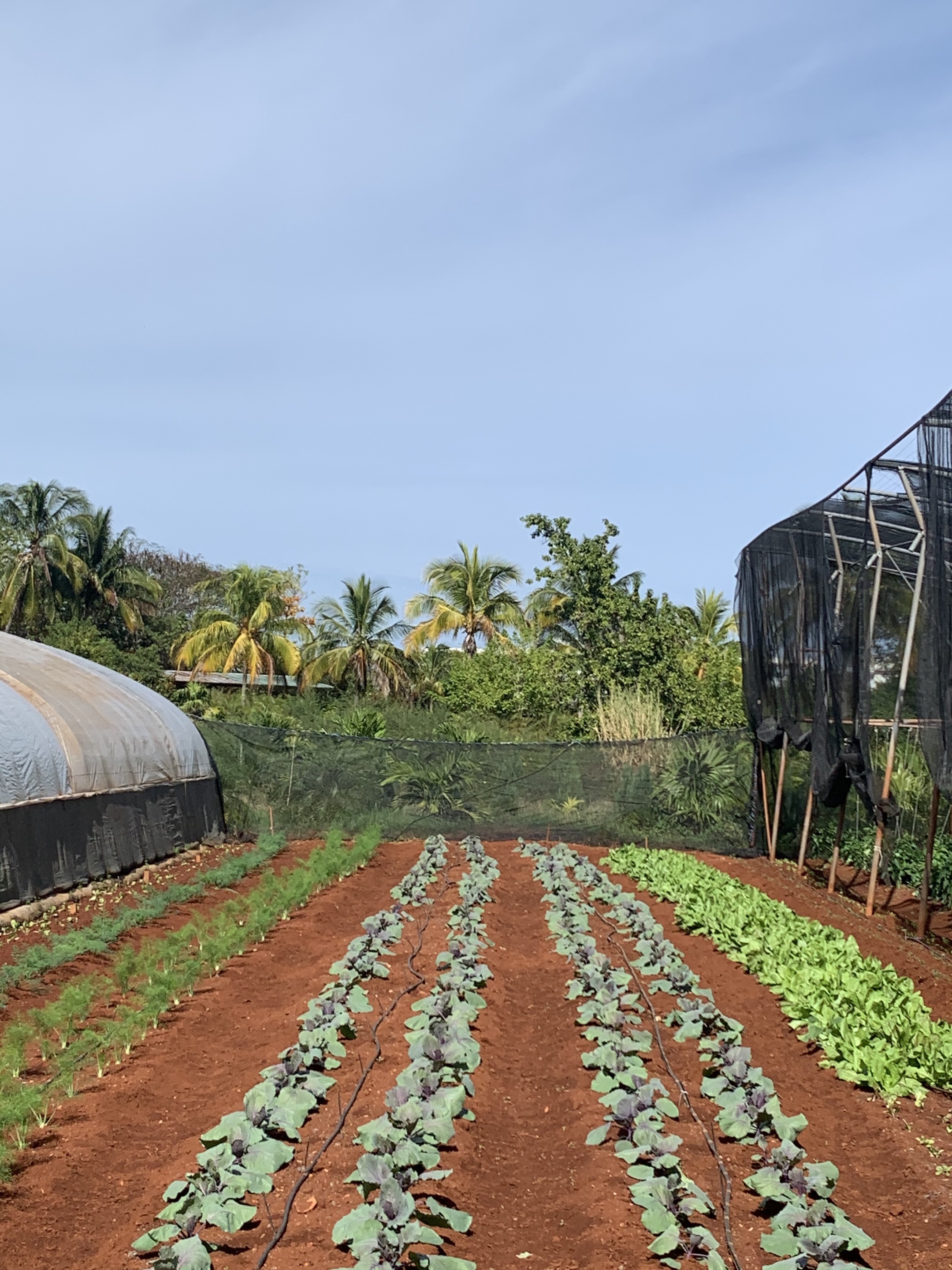The Honorable Joseph R. Biden, Jr., President-Elect Office of the President Elect 1401 Constitution Ave., NW Washington, DC 20230
January 15, 2021
Dear President-Elect Biden,
Congratulations on your electoral victory. As you prepare to take office, we wish to share our thoughts and suggestions on an area of foreign policy that you have identified as being a top priority: U.S. policy towards Central America.
We are a broad coalition of groups that work on Central America. Many of us have close partners in the region that defend human rights and the environment, often at great risk to their lives. We care deeply about the people and future of Central America, and the impact of U.S. policy there.
We’ve been heartened to hear that you are committed to working to improve the quality of life of the peoples of Central America and that your administration plans to turn the page on the bullying and demonization of Central Americans that has taken place under President Trump. We support and will hold you to your commitment to reverse the Trump administration’s draconian immigration policies and respect the human rights of migrants.
It is with great interest that we examined the summary of your “Plan to Build Security and Prosperity in Partnership with the People of Central America.” While we and our partners share the goal of improving security and economic conditions in the region, we are concerned that the Plan doubles down on policies that have contributed to poverty, inequality and violence in Central America.
For far too long, the United States has treated Central America as its “backyard,” exerting an inappropriate level of interference in the political and economic affairs of the region. Approaching U.S. relations in the region as a partnership, as you promise to do, is a welcome change. But achieving a real partnership will require a fundamentally different approach to U.S. foreign policy that we hope you will consider.
Prior to the Trump administration, the U.S. government used aid toward Central America as both a carrot and a stick, increasing funding for U.S. programming in the region on the condition that governments there meet human rights standards, promote democratic governance and fight corruption. Unfortunately, this approach has failed to accomplish its stated goals. One has only to look to Honduras, where a repressive, corrupt regime linked to drug-trafficking networks remains deeply entrenched and thousands are now on the brink of starvation.
To promote meaningful progress in Central America, the United States must turn away from this approach and instead respect the self-determination of the peoples of Central America and invest in strengthening multilateral institutions that focus on addressing human needs rather than playing politics. Doing so would also demonstrate a significant turn away from the unilateralism that the Trump Administration espoused, inflicting incalculable damage.
In a spirit of constructive criticism, we would like to underscore what we consider to be problematic aspects of past and current U.S. policy towards the governments and peoples of Central America. Drawing from our own observations and experiences, as well as those of our Central American partners, we also wish to offer our recommendations as to how we believe U.S. policy toward the region can be improved.
Protect the Human Rights of Migrants
The Trump administration’s treatment of Central American migrants can only be described as barbaric. Migrants have been criminalized and detained in inhumane conditions and many, including children, have died in the custody of Customs and Border Control and ICE. Under Trump’s “zero tolerance” policy, thousands of young children were separated from their parents. Through a combination of incentives and threats, the Trump administration has also promoted an assault on migrants’ human rights by Central American and Mexican security forces.
Though the nature of Trump’s attacks on migrants are without precedent in our country’s recent history, some troubling aspects of his policies pre-date his administration. For instance, family separation took place on a large scale under President Obama, with tens of thousands of undocumented migrant parents forcibly separated from their U.S. citizen children and deported. U.S. support for the repression of Central American migration also increased under the previous Democratic administration, through the U.S. government’s support for Plan Frontera Sur, which involved the deployment of Mexican security forces to forcibly prevent Central Americans from traveling to the U.S. border as well as Congress conditioning U.S. assistance on the action of Central American governments to block the movement of their own citizens.
These policies lead to the inhumane and deadly treatment of migrants from across the globe, including with particular impacts to the thousands of African and Black migrants that face anti-Blackness and racism as they transit through the region on their journey to seek refuge and asylum the U.S.
We call on your administration to:
- End all forms of separation of migrant parents from their children, an act that is illegal under the UN Convention for the Rights of the Child.
- End the practice of deporting asylum seekers to Mexico, their countries of origin, or countries to which they have no connection at all. Immediately rescind the “Remain in Mexico Program” and the “Third Safe Country” agreements with Honduras, Guatemala and El Salvador.
- Terminate policies that support the militarization of borders and U.S. cooperation with and training of security forces involved in violating the human rights of migrants.
- Terminate all for-profit immigrant detention services and make the detention of immigrants a measure of last resort.
- Restore TPS for U.S. residents from Honduras, Nicaragua, El Salvador and other non-Central American countries and extend TPS protections to U.S. residents from Guatemala. This measure is more critical than ever in light of the immense devastation caused by hurricanes Eta and Iota.
- Support the appropriate use of the Center for Disease Control’s public health powers, allowing the agency to repeal the March 2020 order that prevents migrants at the southern border from seeking protection in the U.S. (CDC officials have acknowledged the order was driven by pressure from the White House, not legitimate health concerns).
Re-think US Security Policy
For many decades, the U.S. has provided support to Central American military and police forces through training, technical assistance and logistical support. During the period of armed conflict in the region – in the 1980s and early 1990s – U.S.-backed wars and military and paramilitary forces committed widespread human rights atrocities that left hundreds of thousands dead and fueled a first wave of Central American migration to the U.S. Since then, the U.S. has continued to provide assistance to regional security forces, citing the need to combat drug-trafficking and to “enhance citizen security” as reasons for doing so. While U.S. agencies claim to prioritize the promotion of human rights, police and military forces – many of which are infiltrated by organized crime groups – continue to engage in countless abuses, including targeted attacks on activists, violent repression of protests and the forced displacement of communities.
Over the last ten years, hundreds of millions of dollars of U.S. security assistance have been channeled to the region through the Central America Regional Security Initiative (CARSI). There is little transparency around the end-use of these funds and no conclusive public assessments of the impact of CARSI programs.. In addition, the State Department has systematically certified Honduras, Guatemala and El Salvador as having complied with human rights conditions attached to U.S. assistance through an opaque process, despite rampant egregious abuses perpetrated by the security forces of these countries.
We urge you to:
- Perform a full review of U.S. security assistance to the region with input from human rights defenders, land rights defenders, and indigenous leaders from recipient countries.
- Suspend all security assistance to Honduras and vote no on multilateral security-related loan programs with the government there in light of widespread corruption and human rights abuses promoted by Honduran state actors. Consider a similar suspension of security assistance to Guatemala and El Salvador in light of ongoing abuses by security forces in those countries.
- Revoke the State Department’s certification of Honduran, Guatemalan and Salvadoran compliance with human rights conditions attached to U.S. assistance.
- End U.S. training of Honduran, Guatemalan, and Salvadoran militaries, police, and other security forces as well as U.S. financing of such training by the Colombian military and/or police through the U.S.-Colombia Action Plan or other programs.
- End U.S. weapons sales to security forces and private brokers without clear end use controls, to prevent U.S. arms from reaching state and private entities with documented histories of serious human rights violations or collusion in other criminal activities.
- Increase transparency around end use of CARSI funding and mandate reporting requirements assessing progress or lack thereof in meeting CARSI benchmarks and goals.
- Increase transparency around Leahy Law vetting of security forces that receive U.S. assistance and training, with clear identification of the units for whom assistance is withheld.
End support for extractive and exploitative development models
Despite the region’s enormous human and economic potential, Central America has among the highest levels of poverty in the region, due in large part to extremely unequal wealth distribution. In most Central American countries, the dominant economic actors are national and international corporations focused on natural resource extraction and worker exploitation. They frequently carry out projects that damage the environment and displace or negatively affect indigenous and small farmer communities, while receiving funding support from multilateral development banks (MDBs) as well as from illicit sources, including drug trafficking organizations. While these projects are generally promoted as ‘economic development,’ in reality they often only benefit local elites while negatively impacting communities, further contributing to inequality and concentration of wealth in the hands of elites and thus further fueling migration. Furthermore, communities and workers that attempt to resist these projects are often subjected to violent attacks, with the complicity or involvement of state actors.
The U.S. government plays a role in perpetuating this predatorial development model by greenlighting multilateral development bank (MDB) funding that ends up in the hands of corporations that fail to meet basic environmental and labor standards and disregard the rights of local communities. Further, the U.S. has supported investment treaties and has promoted private-public partnerships that elevate the interests of corporations above people and the public good. Finally, the U.S. has generally failed to act when governments don’t enforce their own countries labor laws, as required under the Dominican Republic – Central America Free Trade Agreement (DR-CAFTA), signed by the U.S.
We call on your administration to:
- End aid, subsidies and incentives to, and oppose MDB funding for corporations that cause environmental damage, violate labor laws, disregard community land rights (including ancestral Indigenous land rights), and/or increase private sector participation in the delivery of essential public services such as water, electricity, and health care.
- Refrain from promoting pro-corporate economic policy agendas in the region, including private-public partnership initiatives and the privatization of public services and natural resources that decrease access to basic needs for the most vulnerable sectors.
- Support multilateral initiatives that increase transparency regarding anonymous companies to identify and clamp down on the channeling of funds from criminal organizations to business enterprises.
- Pursue strict enforcement of DR-CAFTA labor protections by member countries and conduct a review of trade agreements to examine and address their impact on indigenous rights.
- Support a major issuance of IMF Special Drawing Rights to help Central American countries address the economic fallout of the COVID-19 pandemic and the devastation caused by recent tropical storms.
- Commit to directing higher levels of economic and humanitarian assistance through multilateral institutions that have a proven track-record in the region, such as agencies within the United Nations. This would allow the United States to support development in the region while limiting assistance to governments that have demonstrated systematic corruption and impunity.
Adopt a non-ideological approach
Observers have noted that U.S. policy in Latin America, including in Central America, remains influenced by Cold War ideological paradigms that have resulted in inconsistent and counterproductive policies. For instance, while the U.S. has quickly condemned election fraud in countries where it does not agree with the re-election of a president, it blatantly ignored credible allegations of election fraud in Honduras in 2017, quickly recognizing the re-election of Juan Orlando Hernández despite widespread allegations of fraud. The continued backing and protection of corrupt right-wing actors with questionable democratic credentials has contributed to human rights abuses and inequality in the region. The U.S. should put an end to this ideologically biased approach.
Going forward, your administration should:
- Adopt and uphold consistent, non-ideological standards for democracy and good governance as a basis for policy decisions.
- Limit U.S. government influence over domestic policy decisions in Central America; the role of an ambassador is not to govern.
- Refrain from imposing economic sanctions, which negatively impact whole populations and, in particular, low-income communities of color.
- Appoint ambassadors who have experience working with civil society organizations and who are not tied to military or financial interests.
- Approach hemispheric bodies, such as the Organization of American States and the Inter-American Development Bank, as an equal partner with other countries in the region, rather than as a dominant power.
- With regard to elections: refrain from adopting unilateral positions determined by political preferences.
The widespread devastation caused by hurricanes Eta and Iota has made abundantly clear how precarious life is for so many people in Central America and how urgent it is for the U.S. government to re-work its regional policies and respect the will of the peoples of Central America moving forward. Central America deserves the opportunity to thrive in its own right; not just in order in order to deter Central Americans from migrating.
Under your leadership, the United States has the opportunity to write a new chapter in our hemispheric relations but doing so requires taking a hard look at U.S. policies that have contributed to the current reality in which millions face a daily struggle for survival. The answer is not to continue doing more of the same but to envision a new direction that respects the political and economic self-determination and dignity of our Central American neighbors.
We would welcome the opportunity to work with your Administration to implement our recommendations and to provide insight and feedback from civil society organizations in the region to ensure that the U.S. government’s methods are helping to further the goals of shared prosperity and a dignified life for all.
Sincerely,
ActionAid USA
Alliance for Global Justice
American Friends Service Committee
Americas Program
Cameroon American Council
Center for Economic and Policy Research
Center for Gender & Refugee Studies
Central American Resource Center, Los Angeles (CARECEN-LA)
Central American Isthmus Graduate Association (CAIGA), UCLA
Chicago Religious Leadership Network
CodePINK
Committee in Solidarity with the People of El Salvador (CISPES)
Denver Justice and Peace Committee – DJPC
Fellowship of Reconciliation – FOR
Franciscan Network on Migration
Friendship Office of the Americas
Global Exchange
Global Health Partners
Global Ministries of the Christian Church (Disciples of Christ) & United Church of Christ
Guatemala Solidarity Project
Haitian Bridge Alliance
Hispanic Federation
Honduras Solidarity Network
Inter Religious Task Force on Central America and Colombia
International Migrants Alliance – USA
Just Associates (JASS)
Just Foreign Policy
Justice for Muslims Collective
Leadership Conference of Women Religious
National Day Labor Organizing Network (NDLON)
National Immigrant Justice Center
National Network for Immigrant & Refugee Rights
National TPS Alliance
Network in Solidarity with Guatemala (NISGUA)
Partnership for Earth Spirituality
Pax Christi USA
Presbyterian Church USA
Project South
Quixote Center
Sanctuary DMV (Washington, DC, MD, VA)
SHARE Foundation
School Sisters of Notre Dame Cooperative Investment Fund
School of the Americas Watch
Sisters of Mercy of the Americas – Justice Team
Sister Parish, Inc.
St. Louis Inter-Faith Committee on Latin America
United Church of Christ, Justice and Witness Ministries
Unitarian Universalist Service Committee
Win Without War
Witness for Peace Solidarity Collective
Witness at the Border
Religious Organizations
Carmelite Sisters, VEDRUNA
Chicago chapter, Benedictines for Peace
Community Council, Servants of Mary, US/Jamaica Community
Congregation of Our Lady of Charity of the Good Shepherd, U.S. Provinces
Congregation of Sisters of St. Agnes
Congregational Justice, Peace and Integrity of Creation Office – (Incarnate Word Sisters)
Disciples Refugee & Immigration Ministries
Dominican Sisters of Racine, WI – Leadership Team
Dominicans Sisters of Sinsinawa Office of Peace and Justice
Holy Spirit Missionary Sisters, USA-JPIC
IHM Sisters Justice, Peace and Sustainability Office
Illinois Women Religious Against Human Trafficking (IWRAHT)
Immaculate Heart Community Immigration Commission
Institute of the Blessed Virgin Mary
Loretto Latin America/Caribbean Committee
Mercy Ecology
National Advocacy Center of the Sisters of the Good Shepherd
Office of Justice, Peace and Integrity of Creation (Oldenburg)
Religious of the Sacred Heart of Mary, Western American Area
Sisters, Home Visitors of Mary
Sisters of Mercy
Sisters of the Most Precious Blood-Committee on Immigration
Sisters, Servants of the Immaculate Heart of Mary, Scranton, PA
Sisters of the Humility of Mary
St. Paul’s Monastery, St. Paul, MN
Strangers No Longer, St. Michael Catholic Community, Michigan






